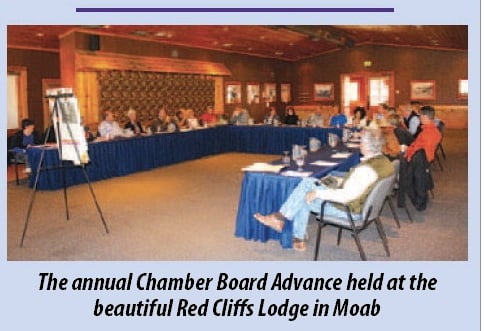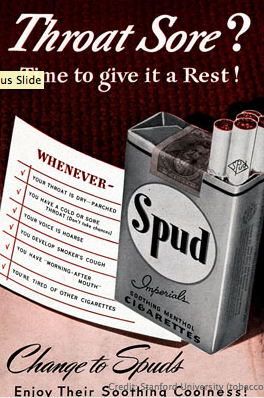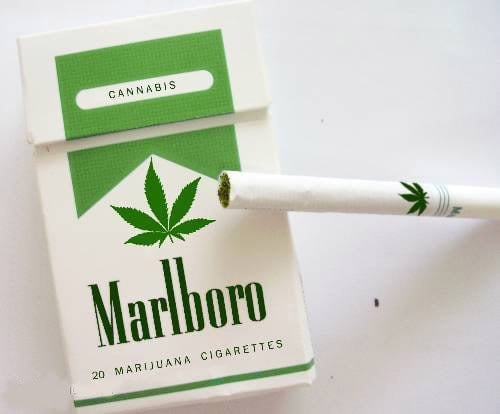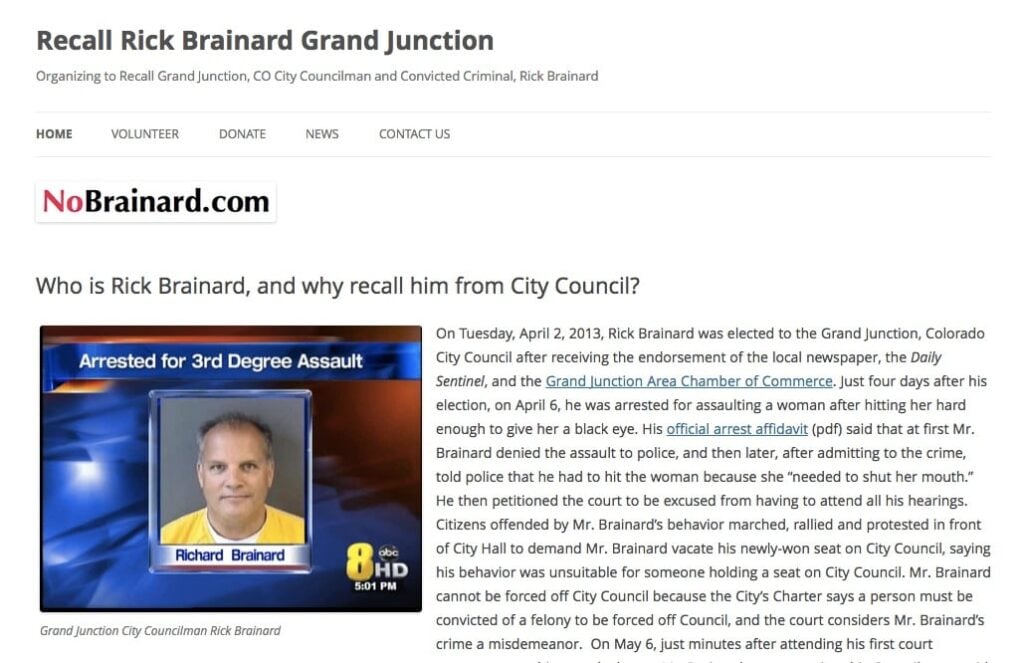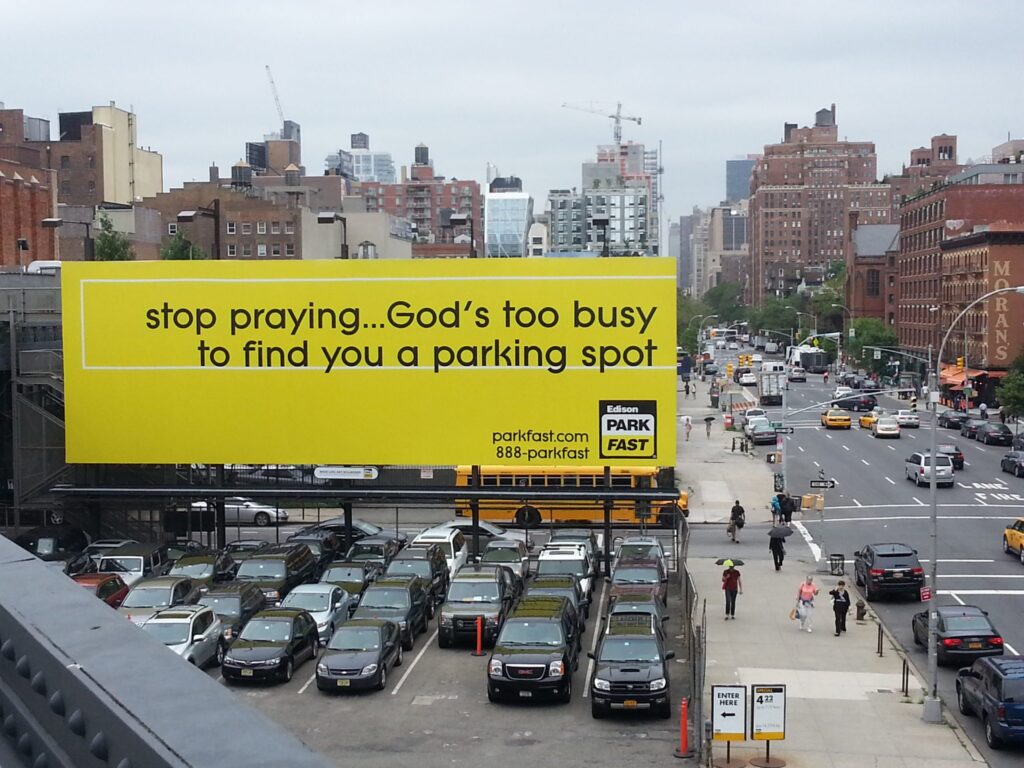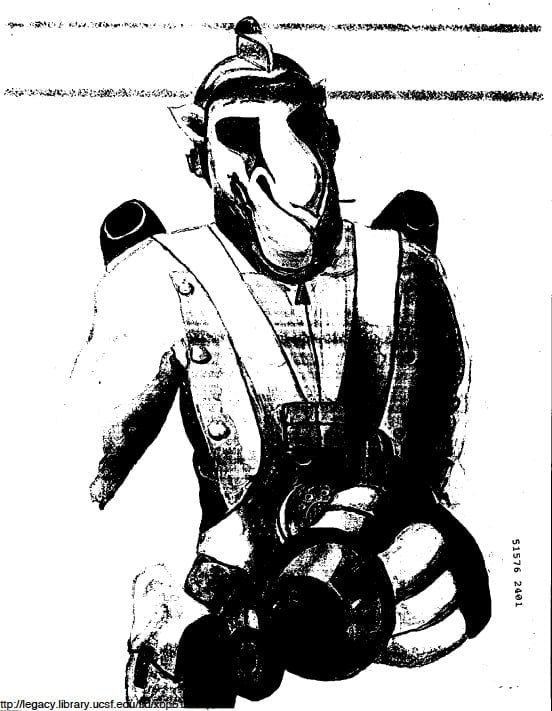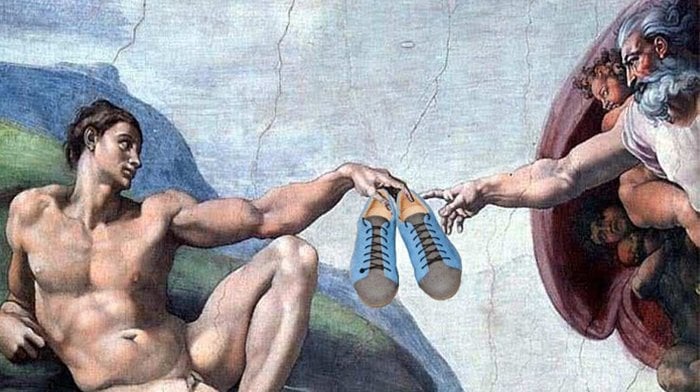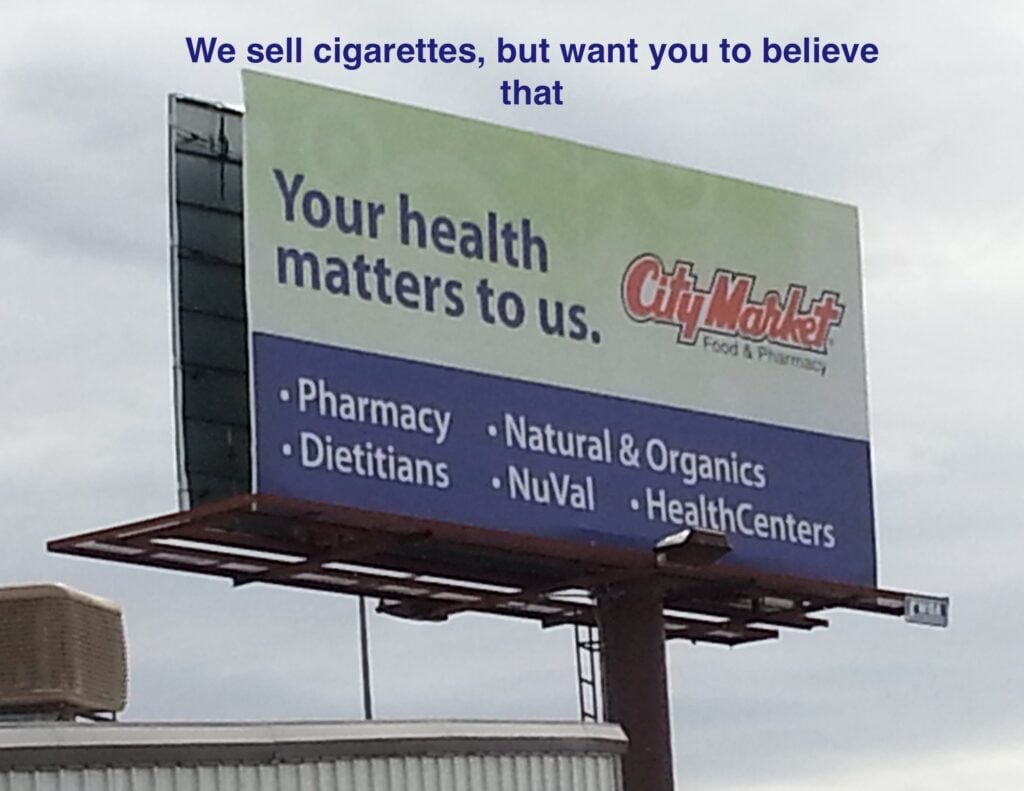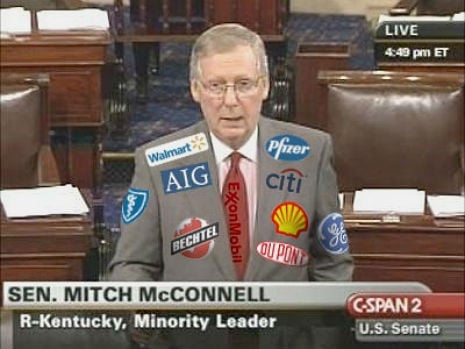Advertising
The Activism Behind CVS’s Cigarette Announcement
CVS Drugstores announced this week that they are finally acting on information the rest of us have known for fifty years:
Luxury Retailer Barneys Features Transgender Models
The spring fashion ad campaign of luxury department store Barneys New York features seventeen transgendered models, most of whom have
Shoot Out with High Noon Solar
Thinking of getting solar panels installed on your house or office? Great! Just don’t let your solar company rush you
Grand Junction Chamber of Commerce Blows It Again
The Grand Junction (Colorado) Area Chamber of Commerce urges citizens to shop local and “put their hard-earned dollars to work
Right Wing Front Group Compass Colorado Uses New Unethical Tactic
The shady right-wing political front group Compass Colorado us using a new strategy against its opponents: filing frivolous ethics complaints
Something Really Good in Grand Junction!
One of the best-kept secrets in Grand Junction, Colorado right now is a new doughnut shop that opened up just
FDA Drags Feet on Regulating Menthol in Cigarettes
It’s own Tobacco Products Advisory Scientific Committee (TPASC) concluded in 2011 that menthol cigarettes increase hazards to human health, but
Legal Marijuana and Big Tobacco
Recreational use of marijuana is now legal in Colorado and Washington state. People can possess up to an ounce of
Grand Junction Citizens Unveil New Anti-Chamber Website
Members of Grand Junction, Colorado’s “Rein in the Grand Junction Area Chamber of Commerce” Facebook group have unveiled a new
Grand Junction Citizens Unveil Recall Website, “NoBrainard.com”
Grand Junction citizens organizing to recall newly-elected City Councilman Rick Brainard have created a new website, NoBrainard.com, where the public
NYC Parking Company Appeals to Atheists
Atheists are apparently a significant enough part of the community in New York City that a parking company saw fit
Philip Morris’ Secret “Ninja Program” (1991)
In this 1991 outline, Karen Daragan, Administrator of Media Affairs for Philip Morris USA, describes PM’s secret “Ninja Program,” in which
Anti-Tobacco Activist Patrick Reynolds’ Epic Fail
On November 2, 1995 prominent anti-tobacco activist Patrick Cleveland Reynolds, the grandson of Richard Joshua Reynolds, Jr. (founder of the R.J.
Atheist Shoe Company Documents USPS Delivery Bias
Kickstarter, a crowd-source funding platform for creative projects, helped raise $60,000 for a group of atheist shoe makers to start
Kroger-Owned City Market’s Fake “Your Health Matters” Ad Campaign
Recently City Market grocery stores, a chain owned by Kroger Company, started running billboards in Grand Junction, Colorado that say
Petition: Require Lawmakers to Wear Logos of Financial Backers on their Clothing
A new petition appeared on the Obama administration’s “We the People” web site March 18 asking that members of the
Canadian Ad Likens “Social Smoking” to Social Farting
A new TV ad campaign by the Ontario Ministry of Health is aimed at convincing cigarette smokers who say they


